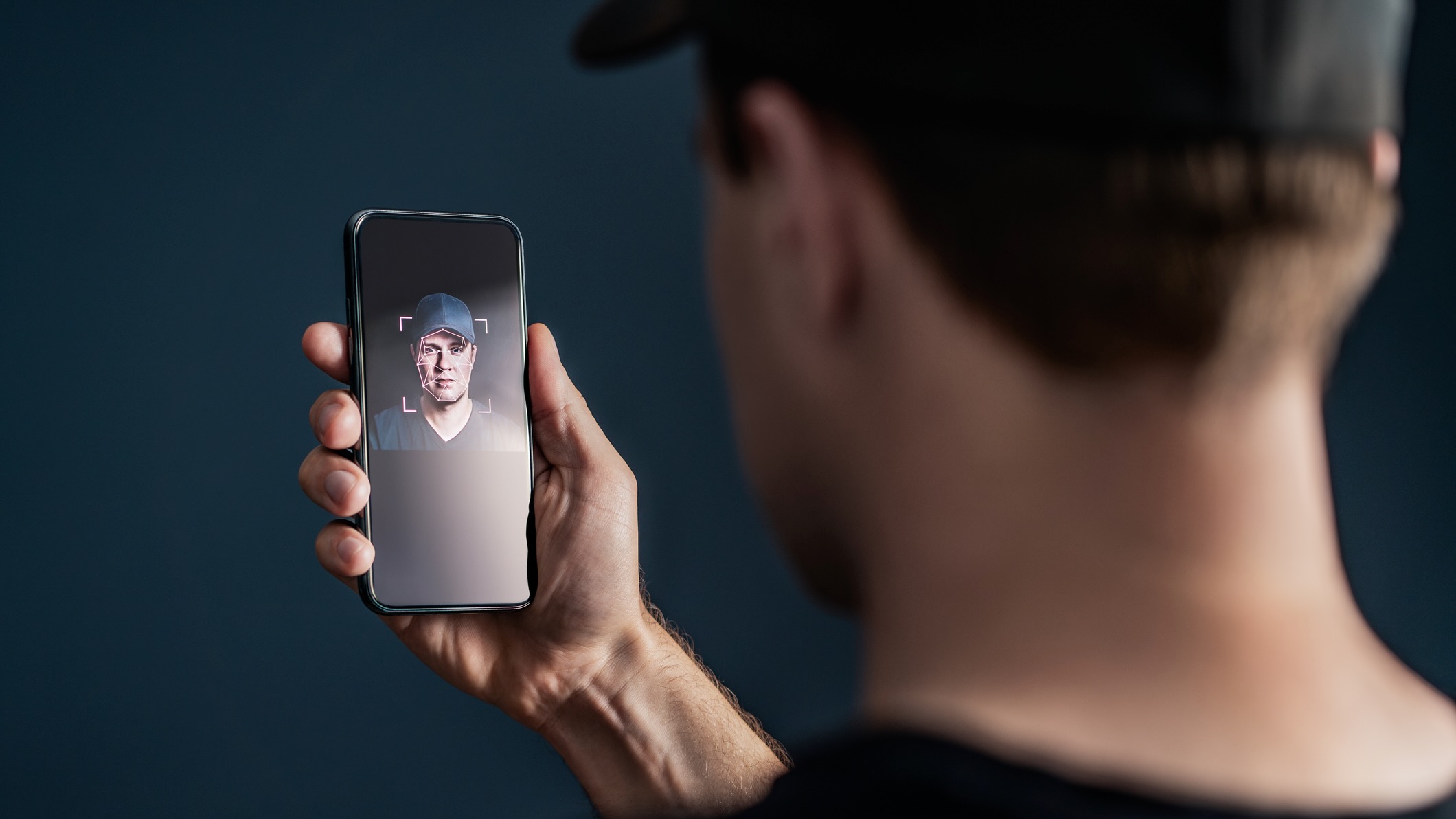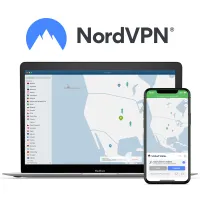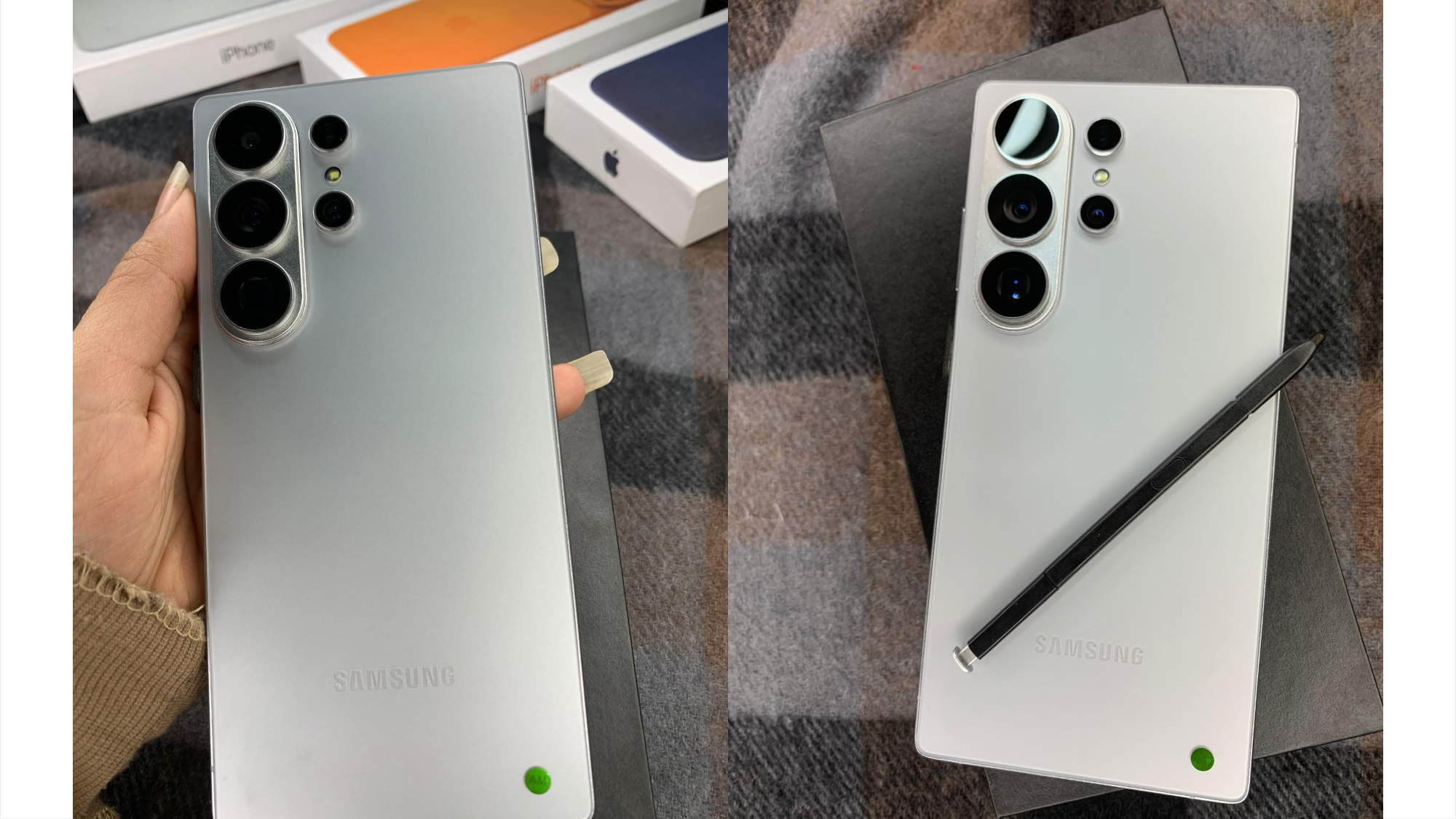OFCOM discourages VPN use to avoid age verification checks – but privacy advocates see no alternative
From AI face-scanning tech to uploading photo IDs, the Online Safety Bill is a privacy disaster

If you live in the UK, you will have seen the news that OFCOM's Online Safety Bill age-verification law has come into effect. It has been developed to protect children from harmful content – but there are serious flaws.
For most privacy advocates, the idea of letting a website’s AI tool scan, analyse and keep a copy of your facial data is a step too far. Uploading copies of official documents is equally unpalatable, particularly when many of these sites will have little-to-know track record of looking after such sensitive user data.
Instead, users have been reaching for their own privacy solutions, such as a VPN, to keep them safe. In fact, VPNs have topped the Apple and Google app stores, with UK citizens growing increasingly concerned about their online privacy.
NordVPN – our top pick for private browsing
After testing and reviewing dozens of VPNs, NordVPN came out on top. It's a well-balanced package with great speeds, servers in 126 countries, and excellent privacy credentials. It's also very effective at accessing geo-blocked content on sites like Netflix.
One subscription covers 10 devices, and plans start at a reasonable £2.31 / $2.91 per month (£64.56 / $81.36 plus tax up front for 28 months). There's a 30-day refund period in case you don't like it.
What’s wrong with the age-verification checks?
There's plenty of recent evidence that even large corporations are incapable of protecting customer data. Earlier this year, UK retailers Marks and Spencer and Co-op were brought to their knees by cyber attacks, and reams of names, contact information and even home addresses were stolen.
Companies like Google and Meta have built their business models on collecting as much personal data as possible. Other companies harvest what they can and sell it to the highest bidder. Who's to say one of these age-verification applications won't be hacked, or simply auction off your likeness and driving licence?
What's more, we already know that the restrictions don't work properly. For example, Reddit relies on NSFW community moderators to tag their content as such. Should any of these communities go under the radar – which many do – this content will not require age verification to view.
Similarly, adult sites with low UK traffic are still freely available. This is due to the way the Online Safety Bill is enforced. The websites themselves must enforce age verification, and if a particular website typically sees little to no traffic from the UK, there's no reason for it to abide by the bill.
The protection of children from harmful adult content is important, but the current system of age verification is deeply flawed, easily sidestepped, and puts the online privacy of tens of millions of people at critical risk.
Why you should consider using a VPN

Any VPN that allows you to choose which server you connect will be able to help.
However, the best VPNs aren't just for accessing blocked content or streaming a Netflix show only available in Canada. They're the perfect starting point for taking your online privacy more seriously.
By encrypting your data, they hide what you're doing online from anyone watching. Typically, this is your internet provider – some are known to collect and sell your browsing habits – but it could also be your college administrator, or even a hacker on an unsecured Wi-Fi network.
At Tom's Guide, we've tested dozens, and there are a handful we can wholeheartedly recommend as user-friendly, privacy-focused services that do what they say on the tin. Our top pick is NordVPN, but Surfshark is a cheaper alternative. ExpressVPN is a little more expensive, but comes with a huge suite of extra tools like cyber insurance and personal data removal.
We test and review VPN services in the context of legal recreational uses. For example: 1. Accessing a service from another country (subject to the terms and conditions of that service). 2. Protecting your online security and strengthening your online privacy when abroad. We do not support or condone the illegal or malicious use of VPN services. Consuming pirated content that is paid-for is neither endorsed nor approved by Future Publishing.

Mo has been rigorously testing, reviewing, and analyzing VPN services at Tom’s Guide for more than five years. He heads up the three-person Tom's Guide VPN team, and is passionate about accessibility: he believes that online privacy should be an option that’s available to everyone. NordVPN and ExpressVPN are the products he uses most on a daily basis, but he experiments weekly with all the top services, evaluating their privacy features, connection speeds across various protocols, and server reliability – among other things – so that he can make confident VPN recommendations that are backed by data. To see his latest advice, head over to Tom’s Guide’s best VPN and best free VPN guides.
You must confirm your public display name before commenting
Please logout and then login again, you will then be prompted to enter your display name.
 Club Benefits
Club Benefits






